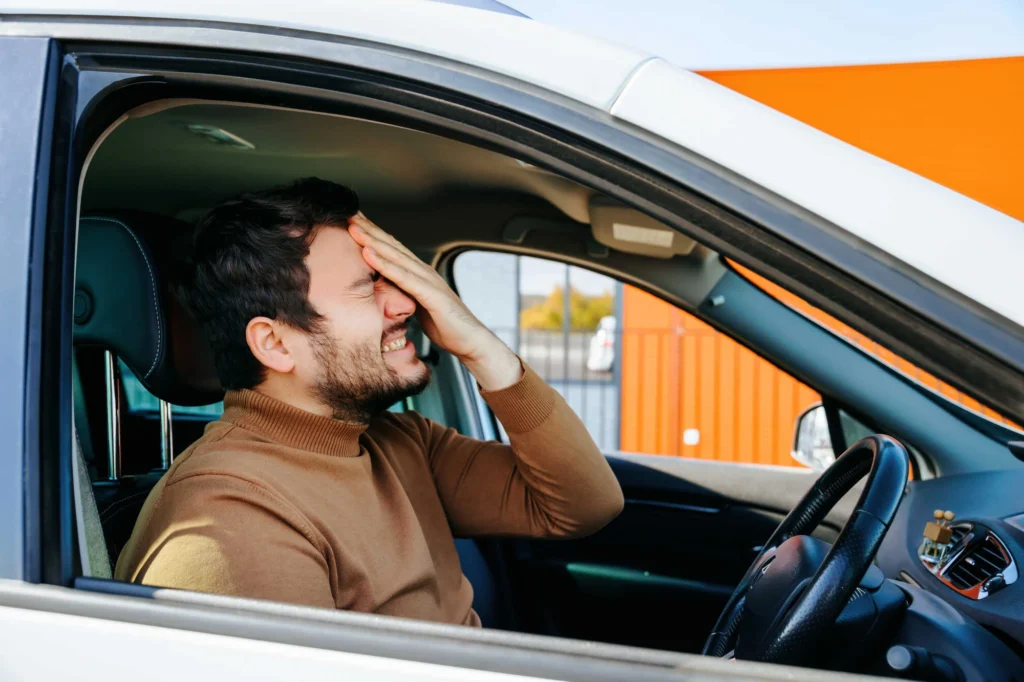Sometimes, people have medical conditions which require them to take prescription medication.
But did you know that some types of prescription drugs can affect your ability to drive? Read on to get the low down on what drugs are being focussed on by police and what can affect the effects of these drugs.
Types of prescription drugs
Each year, thousands of people are prescribed prescription drugs for various medical conditions.
As everyone is different, the types of drugs that are prescribed vary massively and have a range of effects on users.
Types of prescription drugs include:
- Diazepam (valium)
- Methadone
- Codeine
- Oxazepam
- Fentanyl
What side effects can some prescription drugs have?
Even if you take them regularly, many prescription drugs can have side effects on users, which can affect driving ability.
Common side effects of prescription drugs include drowsiness, dizziness, slowed movement, excitability, blurred vision, impaired hearing, lack of focus, short attention span and even fainting.
What can affect the effects of prescription drugs?
Drugs are prescribed to treat many types of medical conditions, and so the effects can vary. Although there are specified limits in place concerning drug driving, it’s important to remember that some factors can cause you to have a higher or lower tolerance than normal.
These factors include:
- The quantity of drugs you’ve been using
- Tiredness
- How much you’ve eaten beforehand
- If you have drunk alcohol or caffeine-based drinks.
- If you have taken any other drugs (ibuprofen, paracetamol, etc)
- Periods of intense stress
What are the penalties for drug driving?
Under the drug law that was brought into force in March 2015, drivers convicted of drug driving could be looking at a 12-month ban with a fine of up to £5,000.
The maximum prison sentence for drug driving is six months. You will also receive a DG10 or DR80 conviction on your license, which will affect your insurance premiums and stay there for 11 years from the date of conviction.
If you are using prescription drugs within the limits recommended by your doctor, and they aren’t impairing your ability to drive, you won’t be prosecuted.
However, if you’re caught driving under the influence of medications and you haven’t been prescribed them by your doctor, you could still receive a conviction.
Did you know?
Like alcohol, prescription drugs can stay in your system for a while after you’ve taken them. So, if you take a strong sleeping pill at 11 pm, you might not be fit to drive at 8 am.
An estimated 32% of fatal car accidents involve drugs or alcohol.
Between March 2015 and April 2016, there were over 8,000 arrests for drug driving offences in England and Wales.
Do you have a drug-driving conviction? Visit our dedicated drug-driving insurance page for more information on how we can help you get back on the road.
